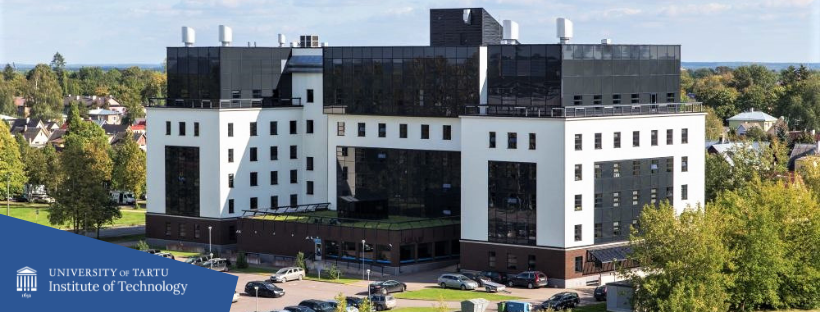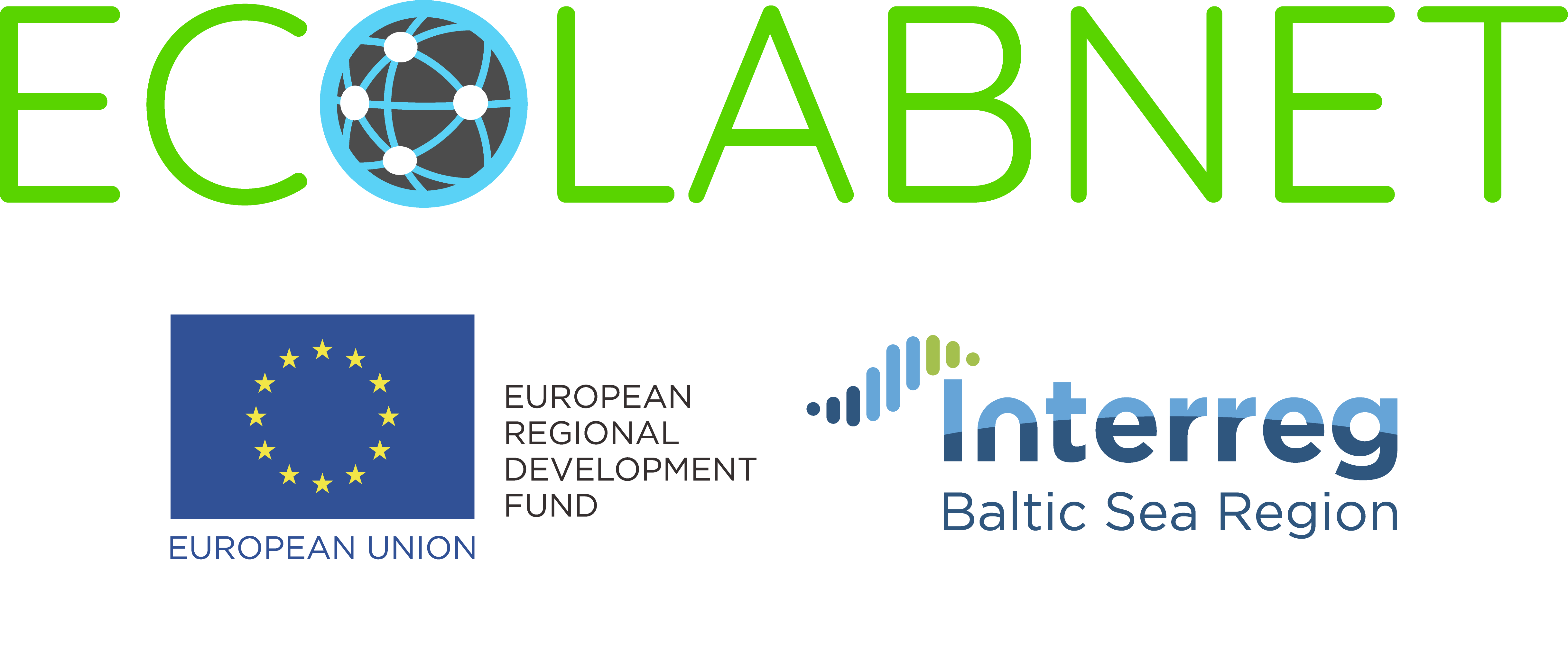
UTartu
The University of Tartu is Estonia’s leading centre of research and training. The University of Tartu has continued to adhere to pursue research and advance learning in a wide variety of disciplines and remains today the only classical university in Estonia. Research at the University of Tartu focuses on subjects as diverse as medicine and philosophy, genetics and computer science.
In Ecolabnet the main partner from University of Tartu is Intelligent Materials and Systems LAB (IMS Lab) that designs and builds different robotics and develops new materials. The eight main fields in the IMS Lab are described as following:
Bioengineering: We are researching how biopolymeric electroactive systems based on cellulose, chitosan, silk etc. can be used as delivery platforms for medication such as chemotherapy that would take the medication precisely to the target area and not have it be circulated throughout the entire body (release-capture), where its toxicity can hurt patients as much as helping them. These biopolymers are known for “fooling” the body into thinking it is part of its system, it is delivering medicine in a focused, pinpoint way that could greatly accelerate regeneration and healing.
Materials science: Increasing requirements to the properties of new materials challenge to development of novel materials and find new approaches for their fabrication. IMS-Materials is focused on the development of materials and in addition to academic basic research, in collaboration with industry, applied and contract research is carried out.
Simulation: The simulation activities conducted in the lab involve all levels from atomistic to macroscopic (DFT -> Molecular Dynamics -> Monter Carlo -> Finite Elements), including combinations of these methods i.e. multi scale simulations. The core capacity involves both, computational studies of materials and development of new methodology.
Robotics: We have extensive experience in research and technology of every aspect of robotics: designing electronics, mechanical engineering, software development, system integration, device building, education, and training.
Soft robotics: We design a framework for robots with natural-like interactions with unstructured environments and with delicate objects such as human bodies. First, we develop novel electroactive materials as robotic actuators and sensors. Next, we identify and implement function-specific movement mechanisms that are effective and specific for shape-morphing materials and structures, often finding inspiration from the nature. Finally, we develop applications in the fields of personal medicine, minimally invasive medical instruments, wearable devices, surveillance and rescue.
Ionic liquids: Research in the IMS Lab focuses mostly on usage of ionic liquids as electrolytes in electroactive polymers. Long time experiences in the field have helped us to determine the properties of ionic liquids responsible for high performance of electroactive polymer actuators and sensors. We synthesize and characterize ionic liquids and deep eutectic mixtures with aim to “tailor” the physico-chemical properties of the compounds to be suitable for specific applications. Bicompatibility and biodegradability of ionic liquids are of great importance in our research as potential applications for electroactive polymers include implantable or disposable medical devices, smart prosthesis, soft haptic devices and wearable electronics.
Mixed signal microelectronics: We strive to adapt and develop smart ways for our MEMS materials in standard CMOS technology for optimized ASIC design targeted for biomedical and consumer applications.
Collaborative robotics and robotic computing: Our main goal is to perform research in algorithmic and applied aspects of robotics (motion planning, control and state estimation) and machine learning as applied to robotic problems for a wide set of applications ranging from human-robot collaboration, robotic manipulation to autonomous driving.
